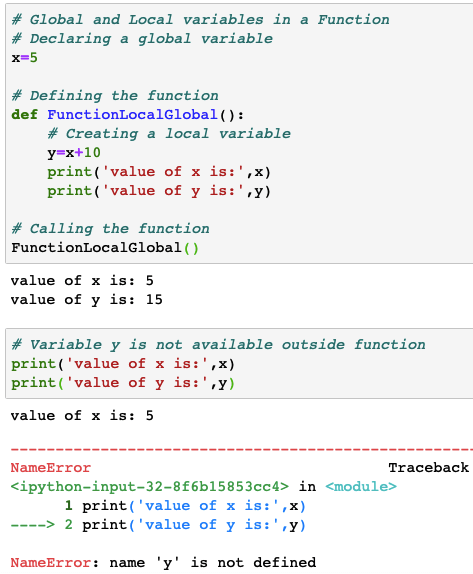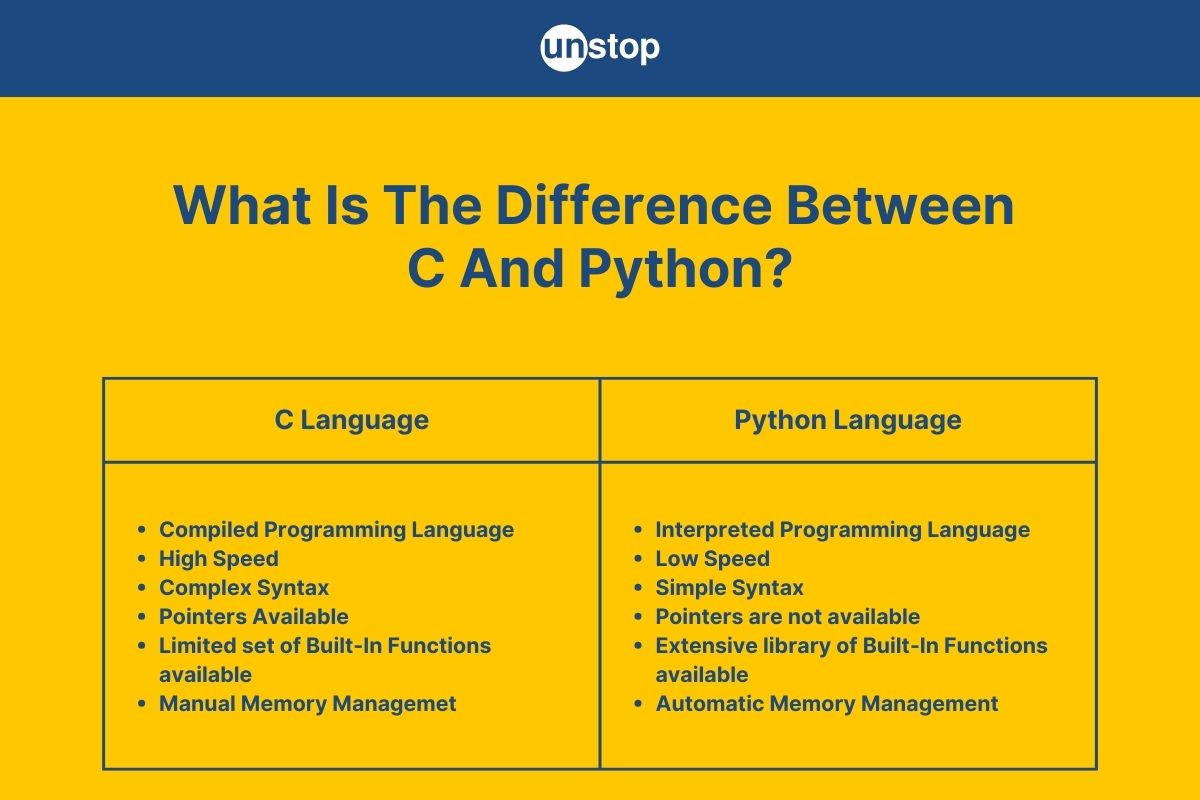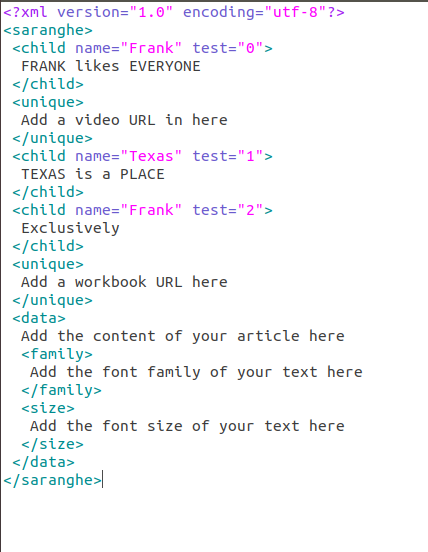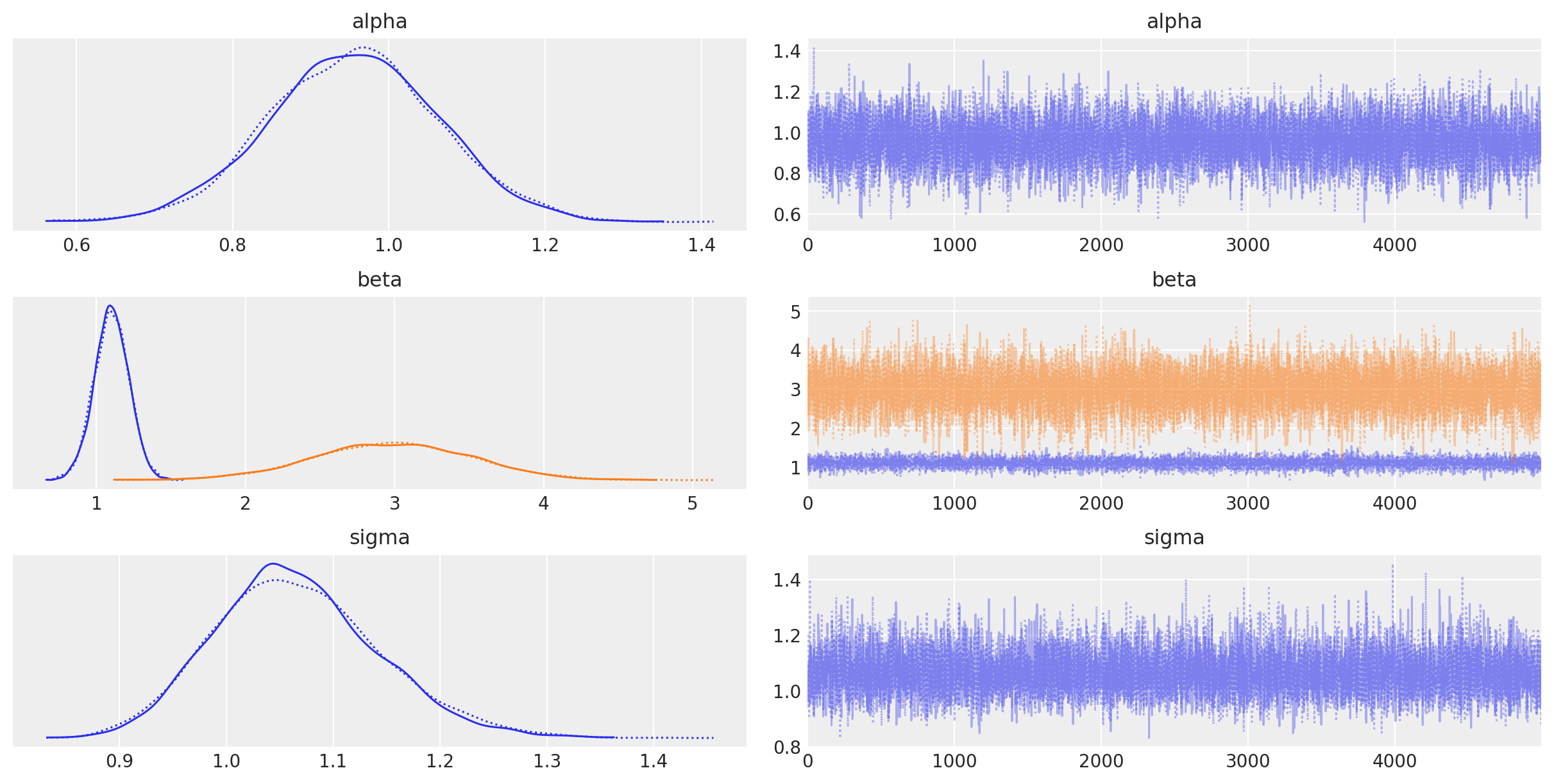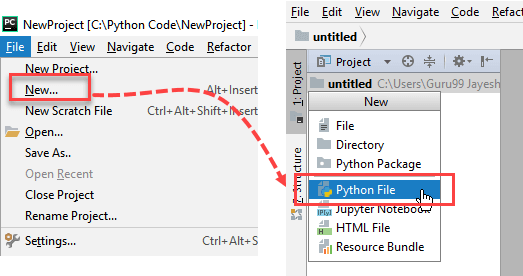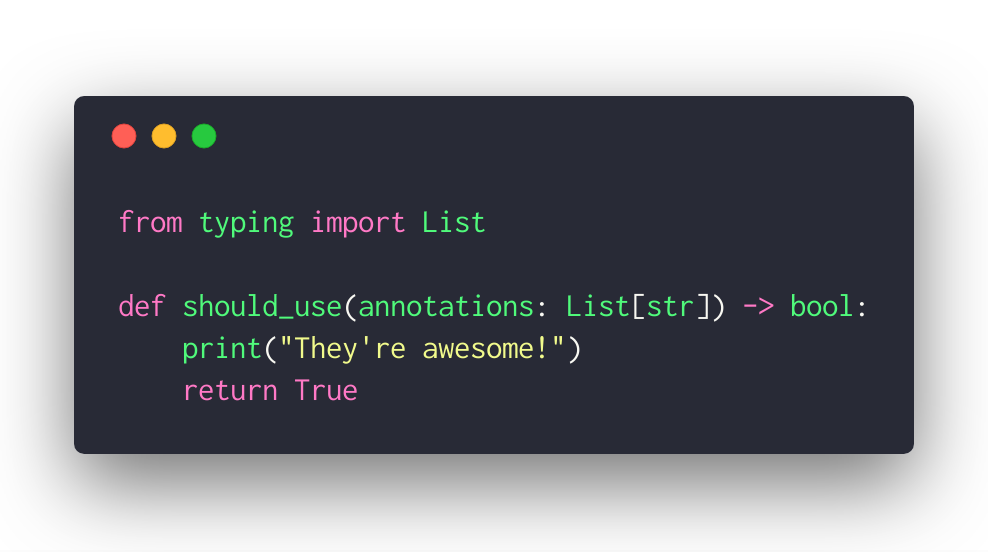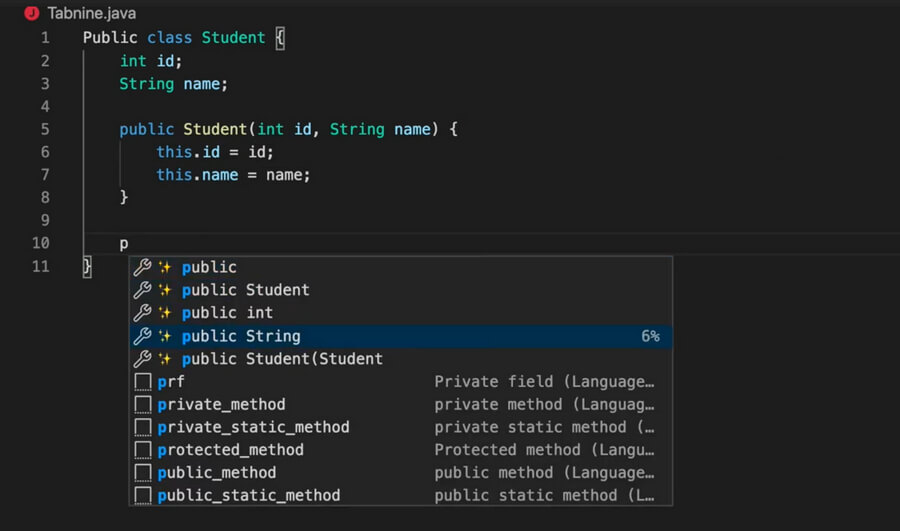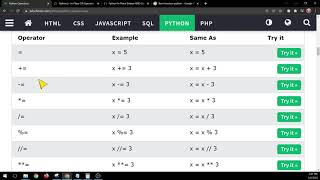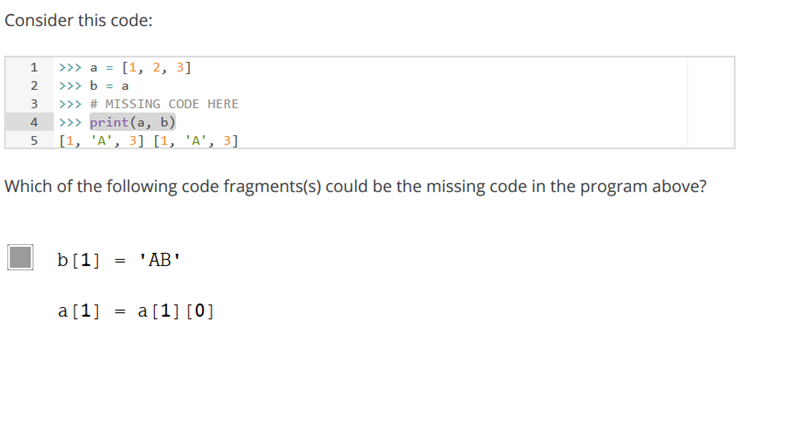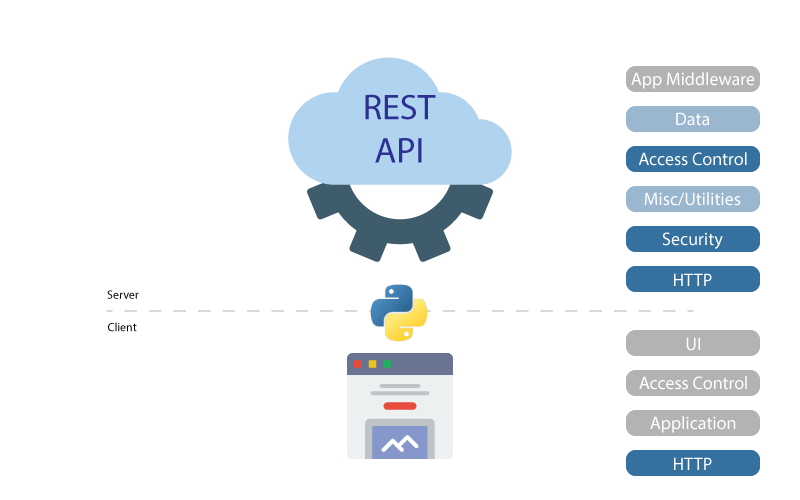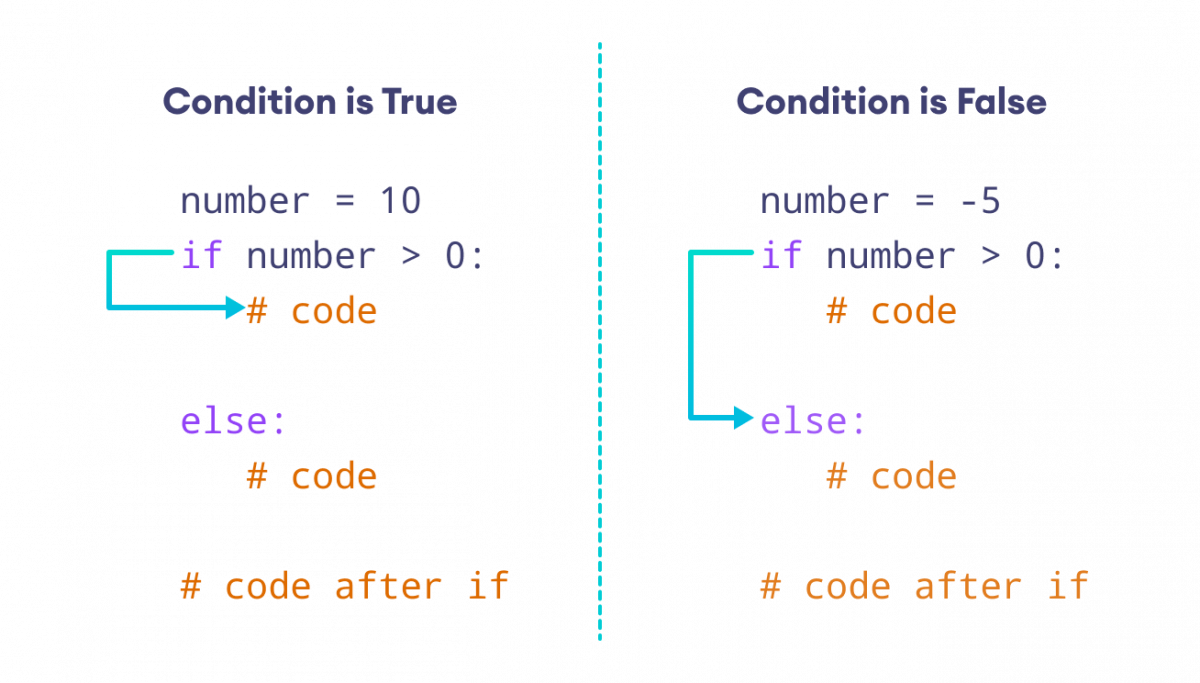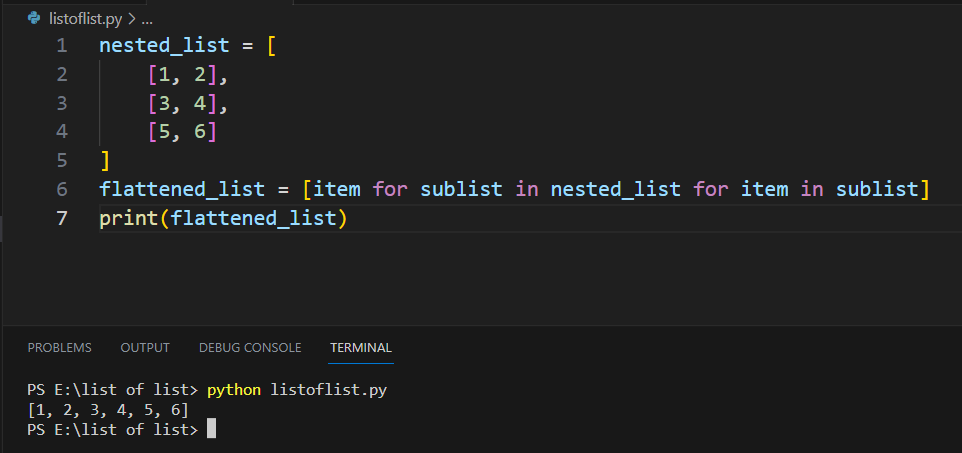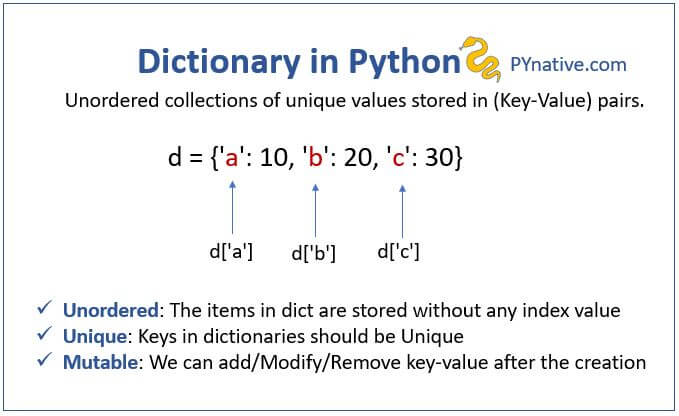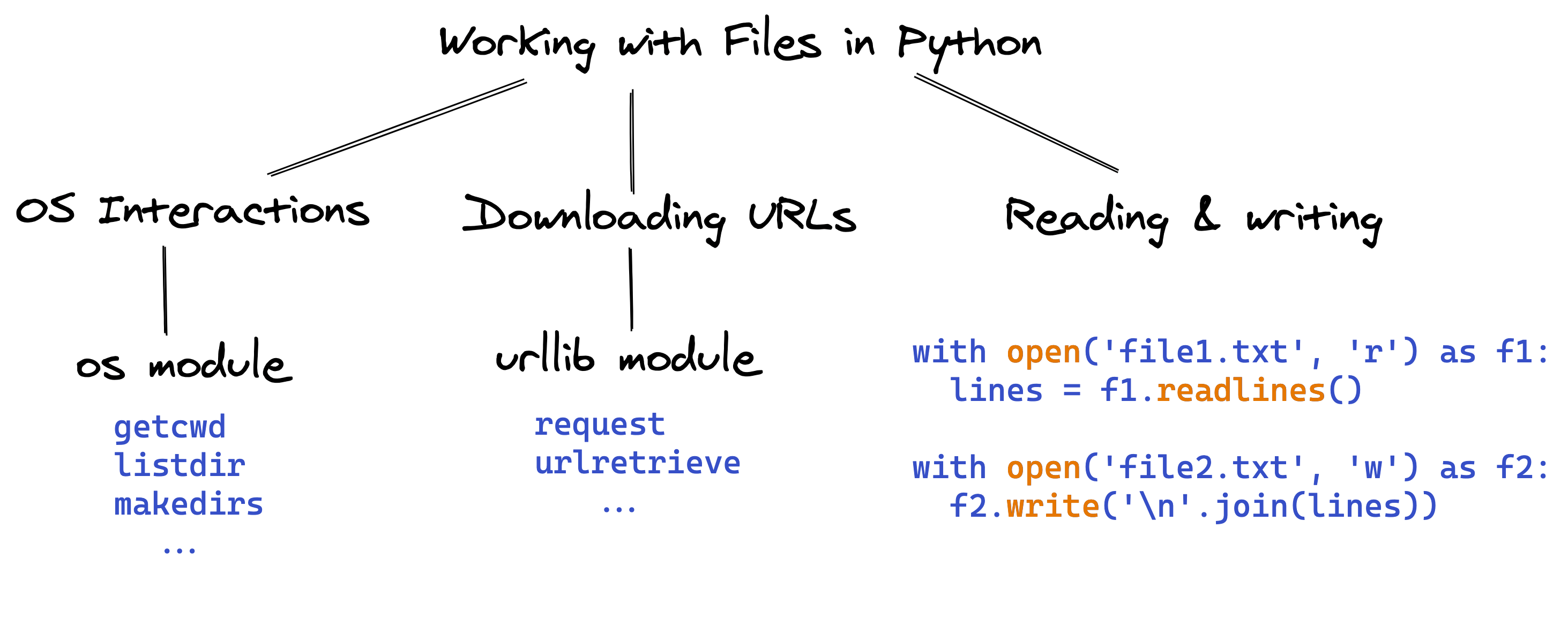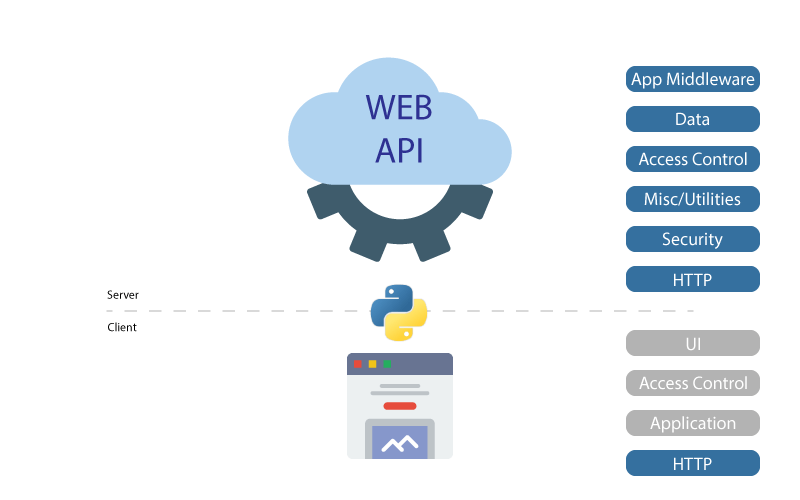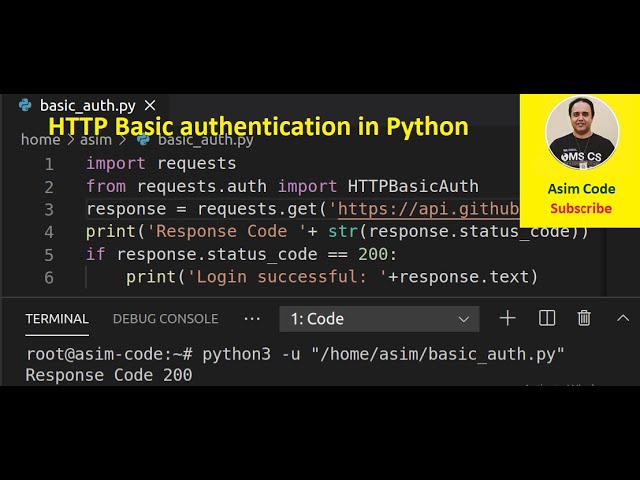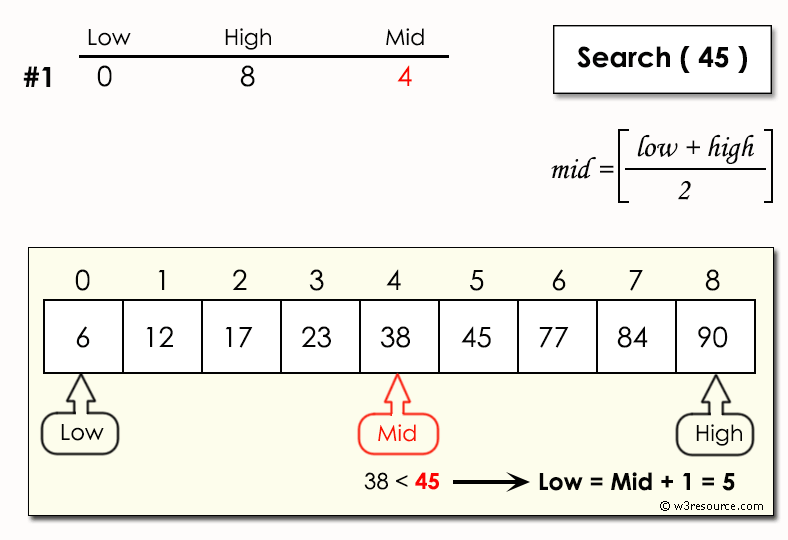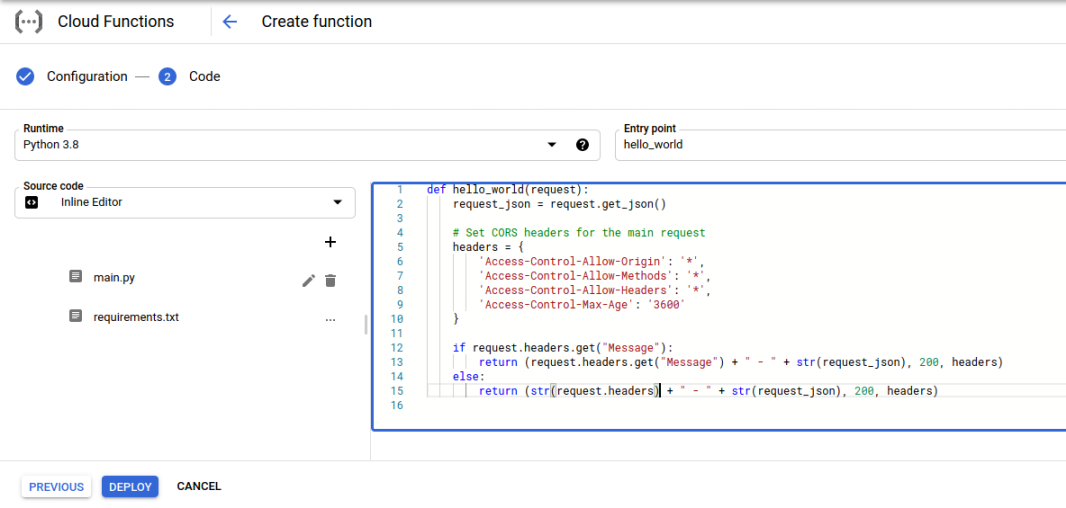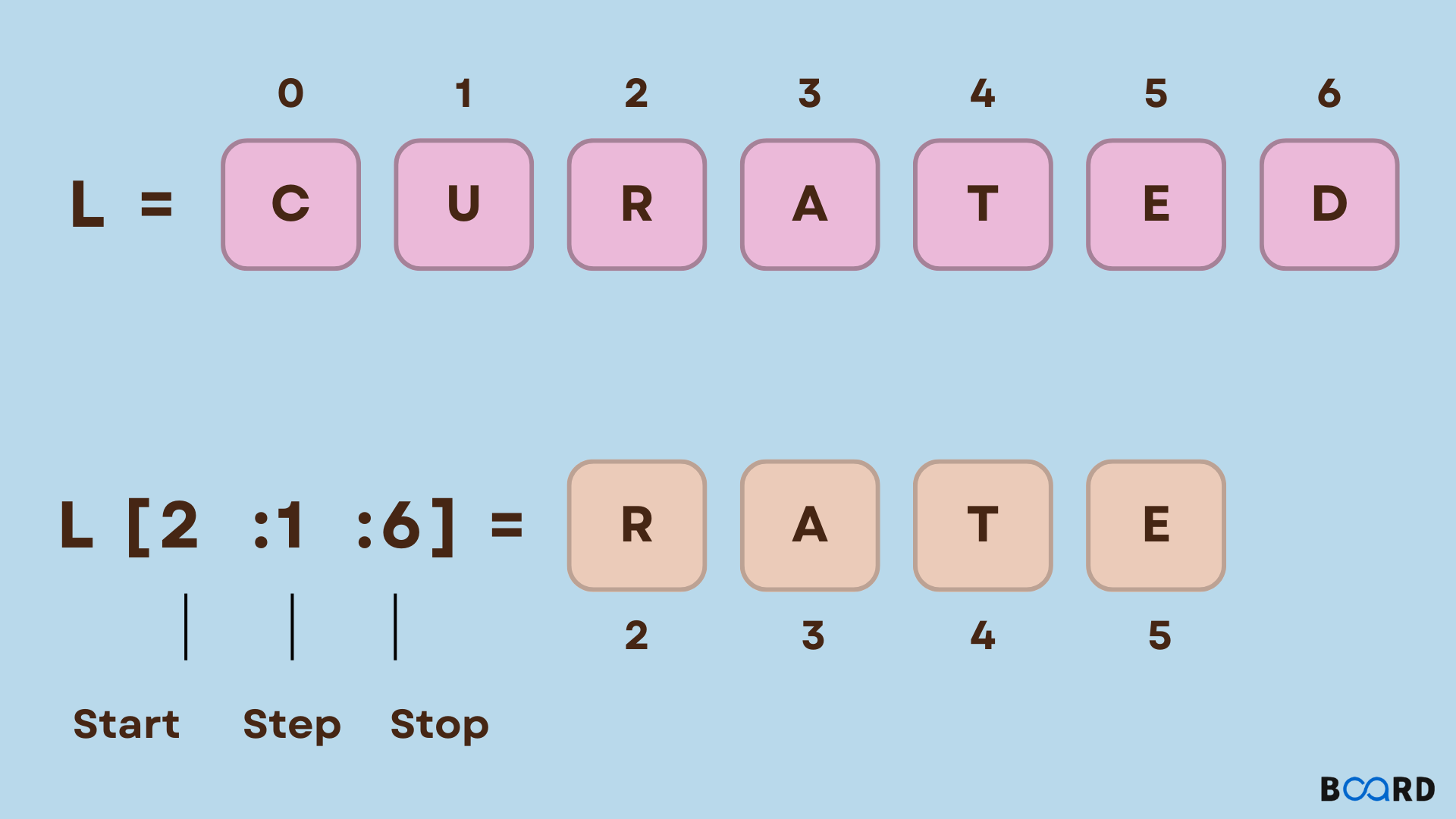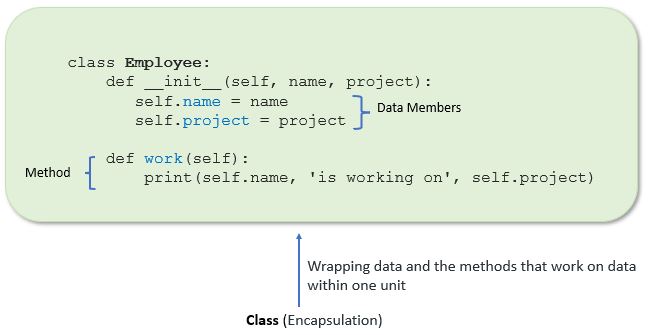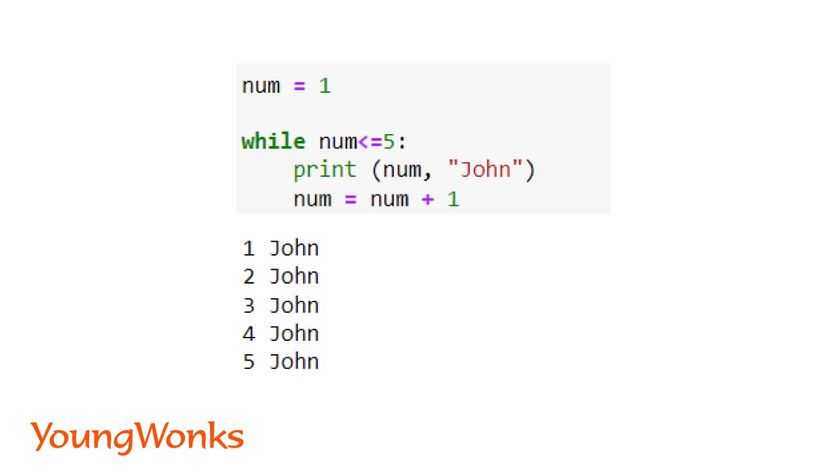Python elif example
Python elif example
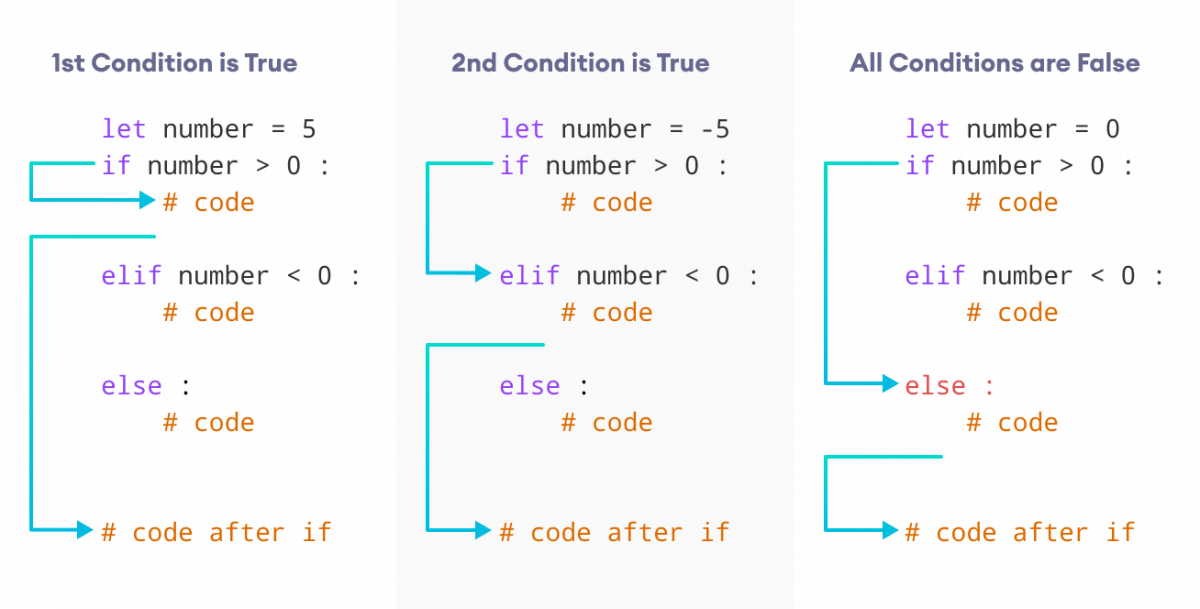
Here's an example of using the elif statement in Python:
# Define a function to check the age of someone
def check_age(age):
if age < 18:
print("You're too young to vote!")
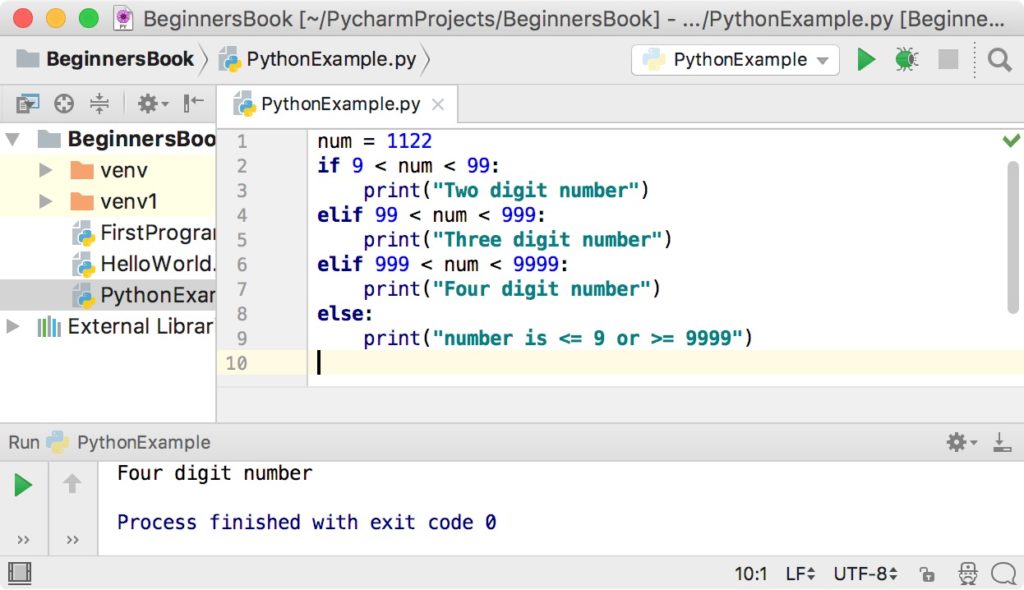
elif age >= 18 and age <= 64:
print("You can vote, but you should be careful with your vote!")
else:
print("Congratulations! You've reached the age of retirement!")
Call the function for different ages
check_age(17) # Output: You're too young to vote!
check_age(65) # Output: Congratulations! You've reached the age of retirement!
check_age(25) # Output: You can vote, but you should be careful with your vote!
In this example, we have a function check_age that takes an age as input. The function checks the value of age and prints out a message based on whether the person is too young to vote (under 18), old enough to vote but still relatively young (between 18 and 64), or old enough to retire (65 or older).
The elif statement is used to check for multiple conditions in a specific order. If the first condition (age < 18) is true, then the program will print out "You're too young to vote!" and exit the function. If the first condition is false, then the program will check if the age is between 18 and 64, inclusive, using the elif statement.
If neither of these conditions are met, then the program will execute the else block, which prints out "Congratulations! You've reached the age of retirement!" This allows us to specify a default behavior that applies when all the other conditions are false.
Should you use Elif in Python?
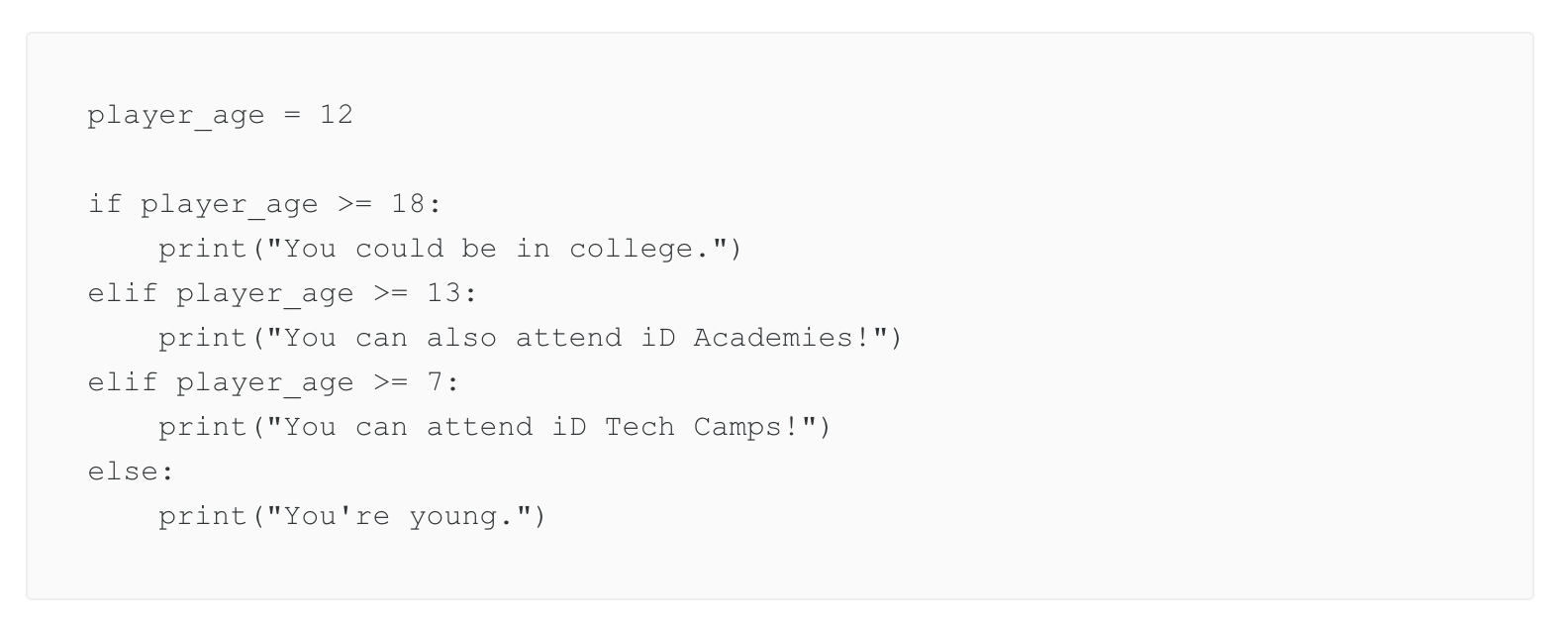
I'd be happy to help with that!
Should you use elif in Python?
In Python, the elif statement is a fundamental part of conditional logic. It allows you to check multiple conditions and execute specific code blocks based on those conditions. In other words, it's a way to chain together different conditions and handle different scenarios.
Here are some situations where using elif makes sense:
elif helps you to group them logically. For example, you might want to check if an age is greater than 18, or between 13 and 17, or less than 12.
age = 22
if age > 18:
print("You're an adult")
elif age >= 13 and age <= 17:
print("You're a teenager")
else:
print("You're a minor")
elif allows you to specify this default behavior using an else clause.
favorite_food = "pizza"
if favorite_food == "sushi":
print("You're a sushi lover")
elif favorite_food == "tacos":
print("You enjoy a good taco")
else:
print("You have other taste buds")
elif, you can write more efficient code by reducing the number of unnecessary checks.
grade = 85
if grade < 60:
print("You're failing")
elif grade >= 70:
print("You're passing with honors")
else:
print("You're just passing")
However, there are also situations where using elif might not be the best approach:
elif can lead to overly complex code that's hard to maintain. Redundant checks: Sometimes, you might end up with redundant checks if your conditions aren't carefully designed. This can slow down your code and make it harder to debug.
In summary, using elif in Python is a great way to handle multiple conditions and default behaviors, but you should use it judiciously and only when necessary. Make sure to weigh the benefits against potential drawbacks, such as overly complex code or redundant checks.
